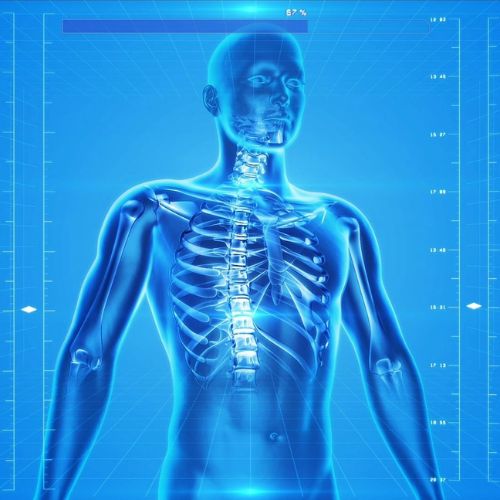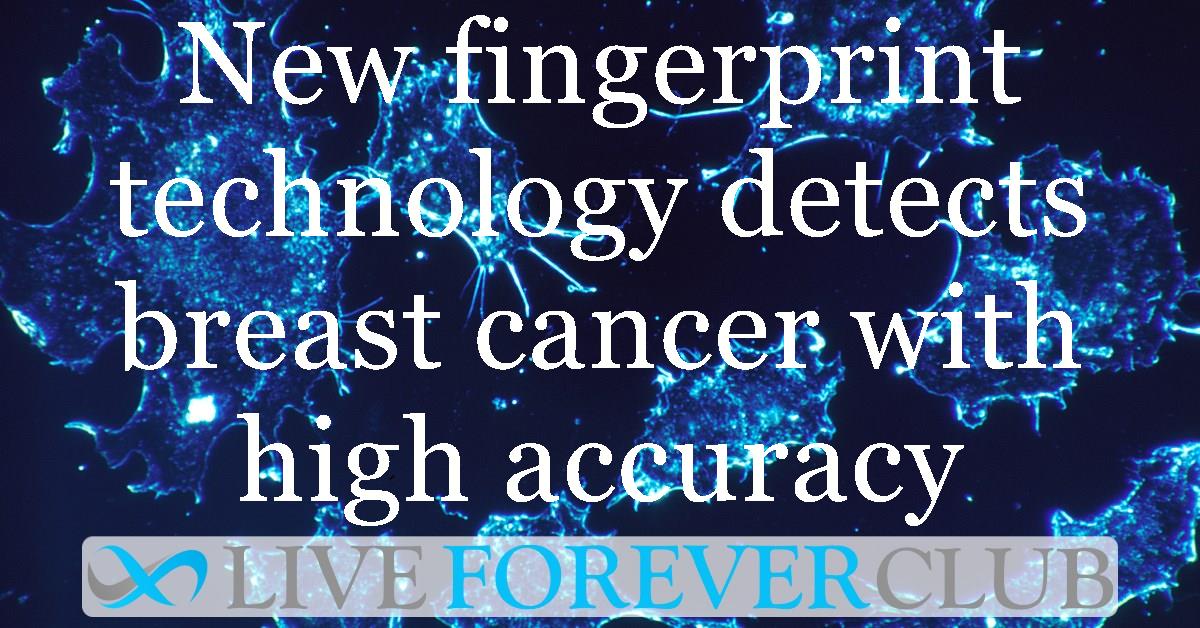Key points from article :
Scientists from Sheffield Hallam University developed a pioneering non-invasive method for detecting breast cancer from fingerprints.
The technology, Matrix Assisted Laser Desorption Ionisation Mass Spectrometry (MALDI MS), is normally used to map drugs, pharmaceuticals and biological molecules within tissue sections.
Fingertip smears taken from each patient with benign, early or metastatic breast cancer either at diagnosis or during active treatment.
Subsequent machine learning was applied, predicting the correct category of cancer with 97.8% accuracy.
The latest developments have potential to increase uptake in breast cancer screenings and help reduce NHS backlog.
Traditional methods (mammography and biopsy) are effective but can expose individuals to radiation, have limitations to specificity and can cause discomfort.
Lynda Wyld, researcher of the study, said: “..holds great potential both for the screening and diagnosis of breast cancer but also for monitoring how well treatments such as chemotherapy are working."
"It only requires finger tip smears, which are easy to transport and perform, making breast screening and diagnosis more accessible.”






